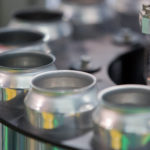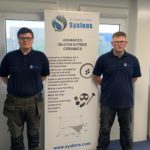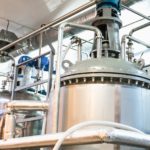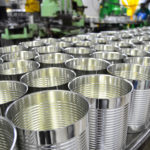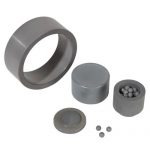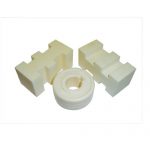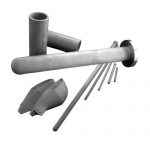Following the postponement of Ceramics UK 2020 in collaboration with the Advanced Materials Show to 7th & 8th July 2021, the event organisers are instead running an exciting online Knowledge and Networking Digital Event, bringing together highly focused audiences, all involved in the research, production, purchasing or integration of advanced materials technology including Graphene & 2D Materials, Composites, Polymers, Coatings, and Ceramics.

Join moderator TTIP Consulting Managing Director Dr Andy Wynn, and panellists Lucideon CEO Tony Kinsella, British Ceramic Confederation CEO Dr Laura Cohen MBE CEng FIMMM, alongside International Syalons Technical Director Ben Melrose as they discuss Promoting Ceramics in an International Marketplace.



